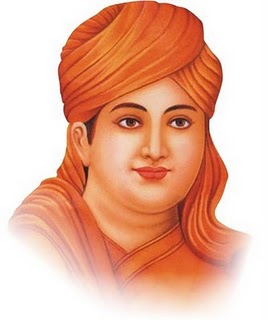Our vision is to empower students to value Vēdic knowledge and skills that will support them as life-long learners.
Graduates will be motivated life-long learners and productive global Vēdic citizens.


Please read about our founder Dr. Venkata Ramana Chaganti
Degree programs of study offered by “University of Applied Vedic Sciences” have been declared exempt from the requirements for licensure, under provisions of North Carolina General Statutes Section (G.S.) 116-15 (d) for exemption from licensure with respect to religious education. Exemption from licensure is not based upon assessment of program quality under established licensing standards.
According to Yajur Vēda mantra (26.2) (The above mantra) everyone in the universe is eligible to read Vēdas. According to Manu “educating people by teaching Vēdas is the best act that any individual or society can do”.
According to Maharshi Dayananda Saraswathi “Vēdas are given by God. God is omnipotent, ubiquitous and has eternal knowledge. Therefore His Vēdas are without illusion and are self vouching”.
Vēdas are the knowledge of God. At the beginning of creation God gave the knowledge of four Vēdas to four Rishis. Rig Vēd to Agni, Yajur Vēd to Vāyu, Sāma Vēd to Surya and Atharva Vēd to Angirasa. Here the names Agni, Vāyu, Surya and Angirasa belong to Rishis who are humans and are not of any Devatha (divine material) found in Vēdas. The language of Vēdas is Samskrut (Sanskrit). According to Rishis Vēdas are described as follows. Those in which the properties, activities and nature of God are described and in which there is no dispute in the order of creation of the world and in which proofs of science can be found and in which there is no illusion or confusion and in which cause and reason about the universe and its constituents are described and in which truth and only truth is given and which are self vouching are called Vēdas, Sruthis, Nigamas, Chanddass or Mantras.
